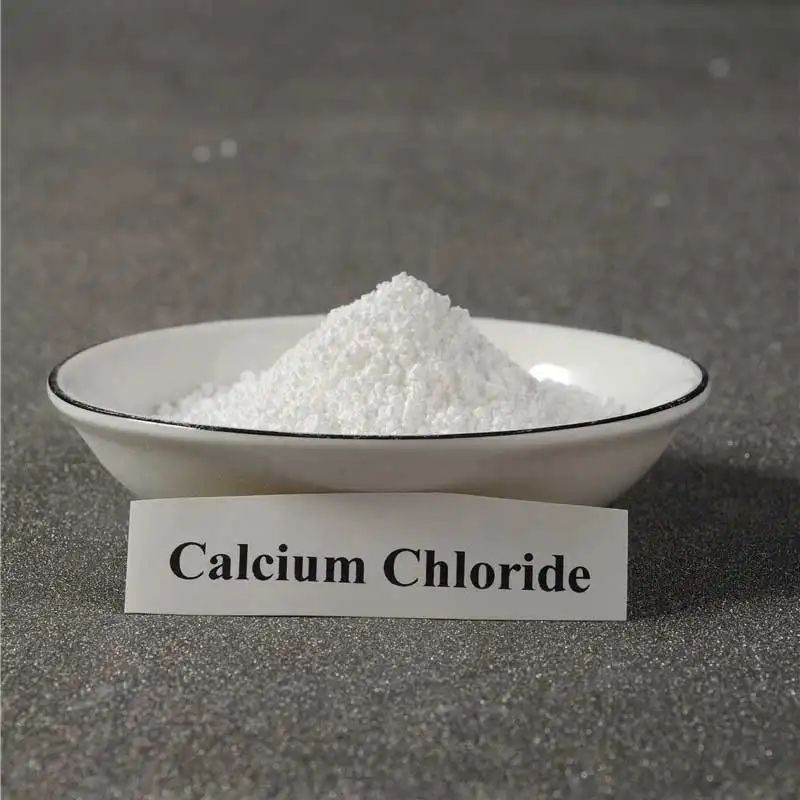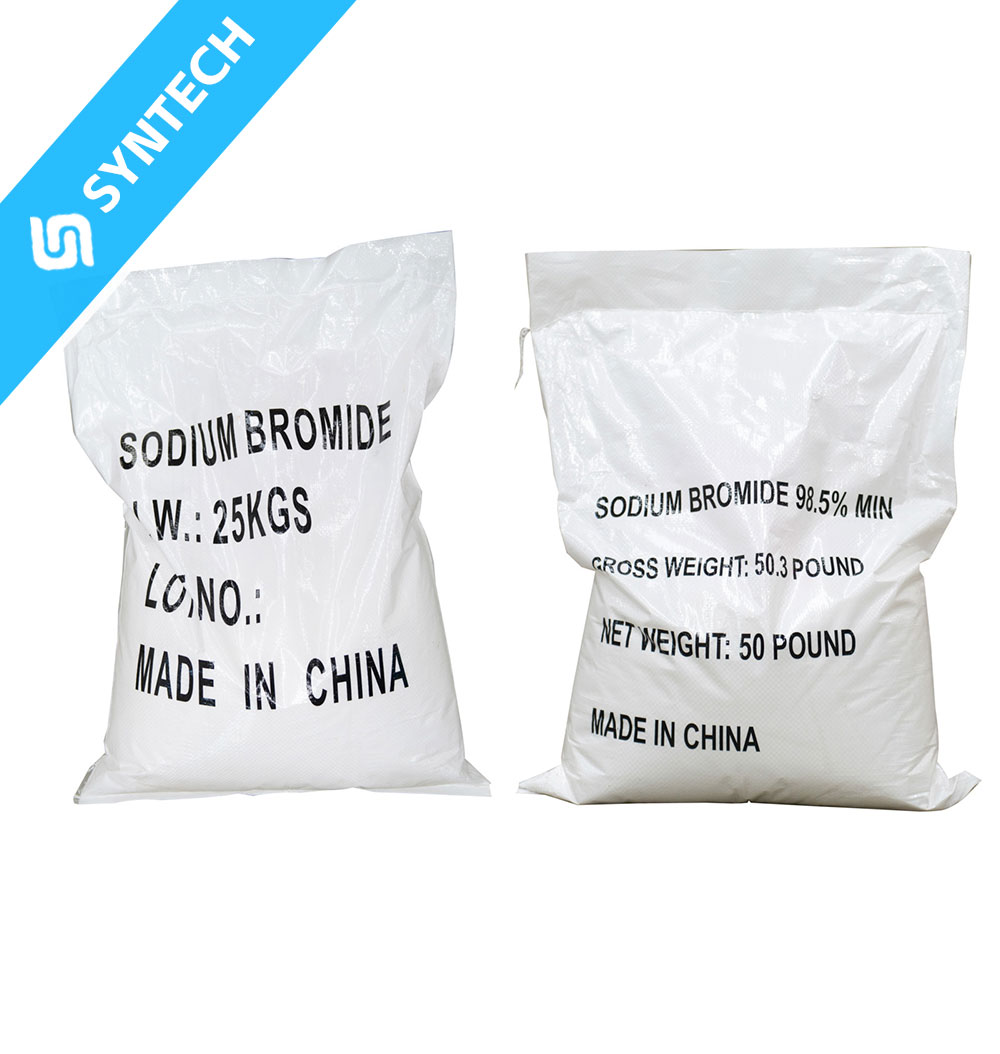Calcium bromide (CaBr₂) is widely used in the oil and gas industry, primarily as a dense brine additivein drilling, completion, and workover fluids. Its key applications include:
- Drilling & Completion Fluids – As a high-density brine, it helps control wellbore pressure, prevent blowouts, and stabilize formations.
- Workover & Packer Fluids – Provides hydrostatic pressure to maintain well control during interventions.
- Clear Brine Fluids – Used in perforation and completion operations due to its compatibility with sensitive formations.
Advantages of Calcium Bromide:
✔ High Density (up to 1.7-1.8 g/cm³) – Effective for well pressure control.
✔ Low Crystallization Point – Performs well in cold environments.
✔ Compatibility – Less damaging to formations compared to halide-based brines (e.g., CaCl₂).
✔ Corrosion Inhibition – Less corrosive than zinc or cesium brines.
Disadvantages of Calcium Bromide:
❌ Cost – More expensive than calcium chloride (CaCl₂).
❌ Hygroscopicity – Absorbs moisture, requiring careful storage.
❌ Environmental Concerns – Bromides can be toxic to aquatic life if not properly managed.
❌ Limited Density Range – Not as dense as zinc or cesium brines for ultra-high-pressure wells.
Conclusion:
Calcium bromide is a valuable brine in oilfield operations due to its stability and performance, but cost and environmental factors must be considered. Alternatives like CaCl₂ (cheaper) or ZnBr₂ (higher density) may be used depending on well requirements.






